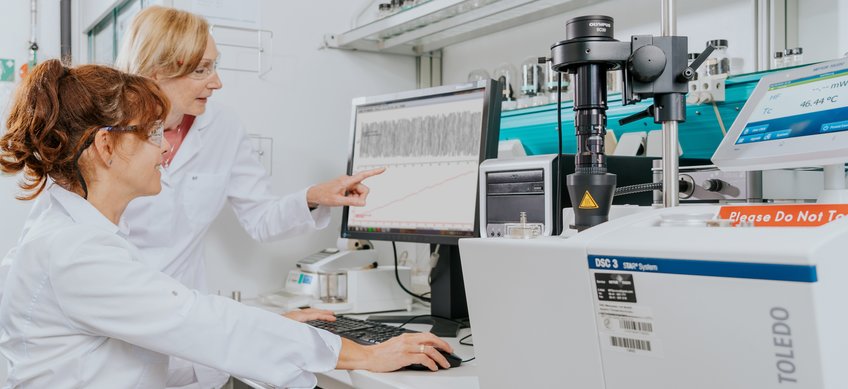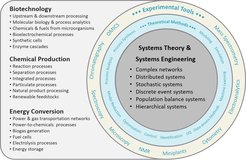
Concept and Organization of Research

Each research group at the Max Planck Institute for Dynamics of Complex Technical Systems employs theoretical or/and experimental methods to analyze different systems involved in technical processes.
Most of the processes that are studied belong to at least one of the following system categories: 1) complex networks, 2) distributed systems, 3) stochastic systems, 4) discrete event systems, 5) population balance systems, 6) hierarchical systems (indicated in the center of the figure).
In order to study these systems and corresponding problems the Max Planck Institute applies and develops a wide spectrum of advanced theoretical methods, (e.g. Modeling, Simulation, Data-driven-Methods, Model Reduction, Control, Process Analysis and Process Synthesis (represented by the inner ring in the figure).
A characteristic feature of the Max Planck Institute is the direct application of the theoretical methods to enable the quantitative description and model-based optimization of challenging biotechnological, chemical and energy-related processes. Moreover, there is an arsenal of advanced experimental tools used (outer ring of the figure) to validate the theoretical models that are formulated and quantitatively describe the processes that are investigated. Several of these tools are totally new, and thus are themselves a subject of our research activities.
We believe that the systems-oriented approach, which serves as an umbrella for all activities in the different research groups, as well as the tight integration of theoretical and experimental investigations, are key factors in the success of our Max Planck Institute.
